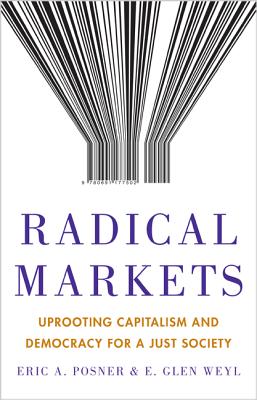Expedite your nonfiction book discovery process with Readara interviews, summaries and recommendations, Broaden your knowledge and gain insights from leading experts and scholars
In-depth, hour-long interviews with notable nonfiction authors, Gain new perspectives and ideas from the writer’s expertise and research, Valuable resource for readers and researchers
Optimize your book discovery process, Four-to eight-page summaries prepared by subject matter experts, Quickly review the book’s central messages and range of content
Books are handpicked covering a wide range of important categories and topics, Selected authors are subject experts, field professionals, or distinguished academics
Our editorial team includes books offering insights, unique views and researched-narratives in categories, Trade shows and book fairs, Book signings and in person author talks,Webinars and online events
Connect with editors and designers,Discover PR & marketing services providers, Source printers and related service providers

Radical Markets: Uprooting Capitalism and Democracy for a Just Society
Business & Economics > Economics - Theory
- Princeton University Press
- Hardcover
- 9780691177502
- 8.6 X 5.7 X 1.3 inches
- 1.2 pounds
- Business & Economics > Economics - Theory
- (Single Author) Asian American
- English
Readara.com
Book Description
Revolutionary ideas on how to use markets to bring about fairness and prosperity for all
Many blame today's economic inequality, stagnation, and political instability on the free market. The solution is to rein in the market, right? Radical Markets turns this thinking--and pretty much all conventional thinking about markets, both for and against--on its head. The book reveals bold new ways to organize markets for the good of everyone. It shows how the emancipatory force of genuinely open, free, and competitive markets can reawaken the dormant nineteenth-century spirit of liberal reform and lead to greater equality, prosperity, and cooperation.
Eric Posner and Glen Weyl demonstrate why private property is inherently monopolistic, and how we would all be better off if private ownership were converted into a public auction for public benefit. They show how the principle of one person, one vote inhibits democracy, suggesting instead an ingenious way for voters to effectively influence the issues that matter most to them. They argue that every citizen of a host country should benefit from immigration--not just migrants and their capitalist employers. They propose leveraging antitrust laws to liberate markets from the grip of institutional investors and creating a data labor movement to force digital monopolies to compensate people for their electronic data.
Only by radically expanding the scope of markets can we reduce inequality, restore robust economic growth, and resolve political conflicts. But to do that, we must replace our most sacred institutions with truly free and open competition--Radical Markets shows how.
Author Bio
Eric Posner is the Kirkland and Ellis Distinguished Service Professor of Law and Arthur and Esther Kane Research Chair.
His research interests include financial regulation, international law, and constitutional law. His books include Radical Markets (Princeton, 2018) (with Glen Weyl); Last Resort: The Financial Crisis and the Future of Bailouts (University of Chicago Press, 2018); The Twilight of International Human Rights (Oxford, 2014); Economic Foundations of International Law (with Alan Sykes) (Harvard, 2013); Contract Law and Theory (Aspen, 2011); The Executive Unbound: After the Madisonian Republic (with Adrian Vermeule) (Oxford, 2011); Climate Change Justice (with David Weisbach) (Princeton, 2010); The Perils of Global Legalism (Chicago, 2009); Terror in the Balance: Security, Liberty and the Courts (with Adrian Vermeule) (Oxford, 2007); New Foundations of Cost-Benefit Analysis (with Matthew Adler) (Harvard, 2006); The Limits of International Law (with Jack Goldsmith) (Oxford, 2005); Law and Social Norms (Harvard, 2000); Chicago Lectures in Law and Economics (editor) (Foundation, 2000); Cost-Benefit Analysis: Legal, Economic, and Philosophical Perspectives (editor, with Matthew Adler) (University of Chicago, 2001).
He is a fellow of the American Academy of Arts and Sciences and a member of the American Law Institute.
- Education
Harvard Law School - JD, magna cum laude, 1991- Yale University - BA, MA philosophy, summa cum laude, 1988
Source: The University of Chicago Law School
Videos








Community reviews
No Community reviews

